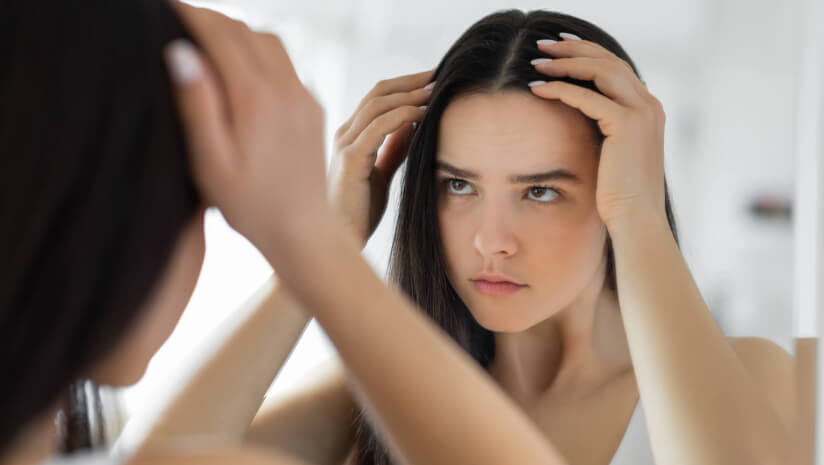A study funded by the product’s creator, Monteloeder, S.L., suggests Zeropollution offers key improvements in moisturization, radiance, reduced wrinkle depth and skin oiliness. The findings also position the formulation within the emerging skinification health category, which integrates common skin care actives into other classifications, such as hair care, to establish a more rounded approach to scalp issues.
“This not only confirms what was already evidenced in the first clinical study on the ingredient’s effects on skin health, but also reveals an additional effect on the scalp,” said Dr. Nuria Caturia, PhD, Monteloeder’s chief R&D officer. “There is a very positive observation that people with very oily skin have experienced a significant reduction in sebum production, which opens the possibility of evaluating benefits for people with acne.”
Zeropollution, which was the NutraIngredients-USA Ingredient of the Year winner in the Beauty from Within category for 2023 and 2024, provides a synergistic combination with botanical extracts rosemary (Rosmarinus officinalis), olive leaves (Olea europaea), lemon verbena (Lippia citriodora) and Japanese pagoda tree (Sophora japonica). The product was created to improve the skin’s resilience to harmful environmental factors from the inside out.
Air pollutants alter the skin, including the scalp, which serves as a main line of defence from particulate matter, smoking and UV radiation. These pollutants disrupt the skin barrier and microflora, resulting in an increase in reactive oxygen species (ROS) production, impairing cell membranes. This eventually leads to scalp irritation, redness, dandruff and changes to hair texture.
Study details
The 12-week, double-blind, placebo-controlled study published in the journal Cosmetics tested the real-world effectiveness of Zeropollution on the skin and scalp in 66 women living in urban locations. The participants received 250mg gel capsule of Zeropollution or a placebo daily and were asked to document outcomes through a questionnaire.
By the end of the three-month evaluation, participants experienced improvements in skin antioxidant capacity (22%), a boost in skin radiance (25%), increases in skin moisturization, and reductions in wrinkle depth and skin oiliness. Scalp moisturization improved by more than 14% while 16% of women saw a decrease in scalp sebum growth. Just over 70% of participants with scalp sensitivity saw a reduction in redness.
“The current study has demonstrated that daily consumption of the proven antioxidant and anti-inflammatory Zeropollution ingredient enhances scalp health in subjects, regardless of whether they have a sensitive scalp,” the researchers wrote. “The study revealed that this botanical blend ingredient helped to re-balance the scalp’s oiliness, improve the scalp’s hydration and scalp barrier, and decrease scalp irritation.”
These findings also suggest that the oral product “not only enhances the overall health and appearance of the scalp, but also provides significant relief for individuals with sensitive scalps, particularly in adverse environmental conditions.”
Interest in scalp health
Close to half the global population will go through some form of hair loss. Approximately 50% of men will experience loss by the age of 50, and about one-third of women experience hair loss at some time in their lives. As many as two-thirds of postmenopausal women will suffer hair thinning or bald spots.
Under that backdrop, there is an increasing interest in scalp health and care. Marie Drago, founder of probiotic skincare brand Gallinée, told NutraIngredients that the scalp is a rising area in the skin microbiome because “the more you treat your scalp the more you treat your hair.”
This aligns with a growing number of consumers who seek comprehensive wellness, incorporating a balanced diet rich in vitamins and minerals that supports hair from the inside out as a holistic approach.
Source: Cosmetics
doi: doi.org/10.3390/cosmetics11040139
“Skin and Scalp Health Benefits of a Specific Botanical Extract Blend: Results from a Double-Blind Placebo-Controlled Study in Urban Outdoor Workers”
Authors: Vincenzo Nobile et al.

